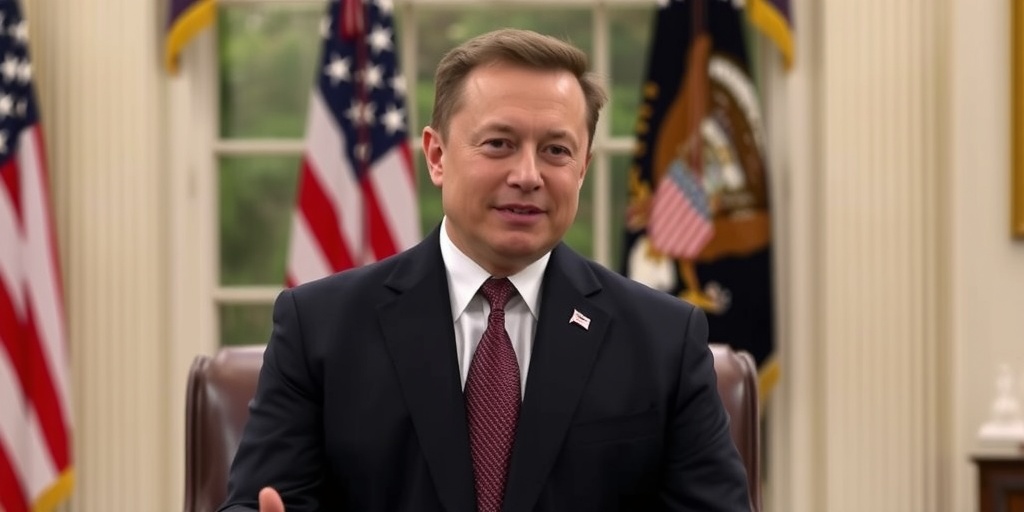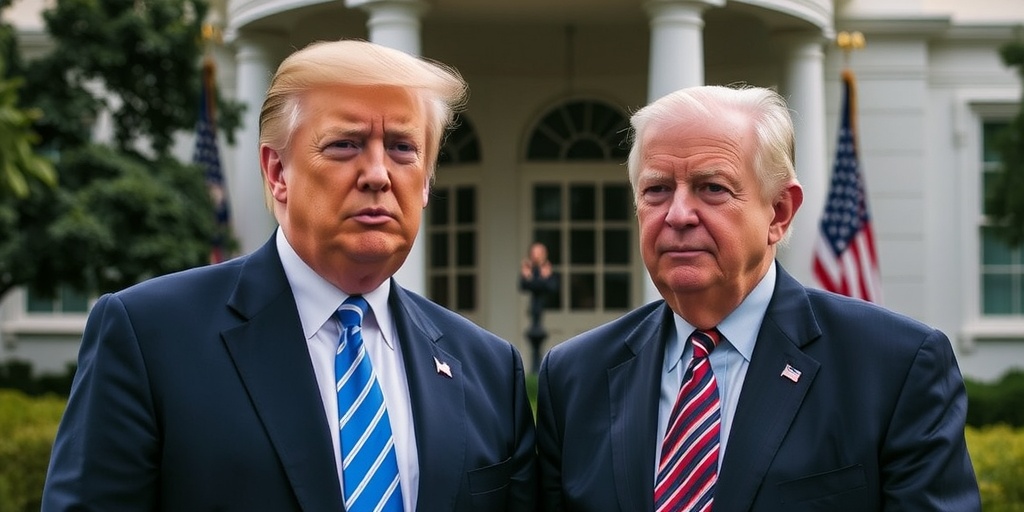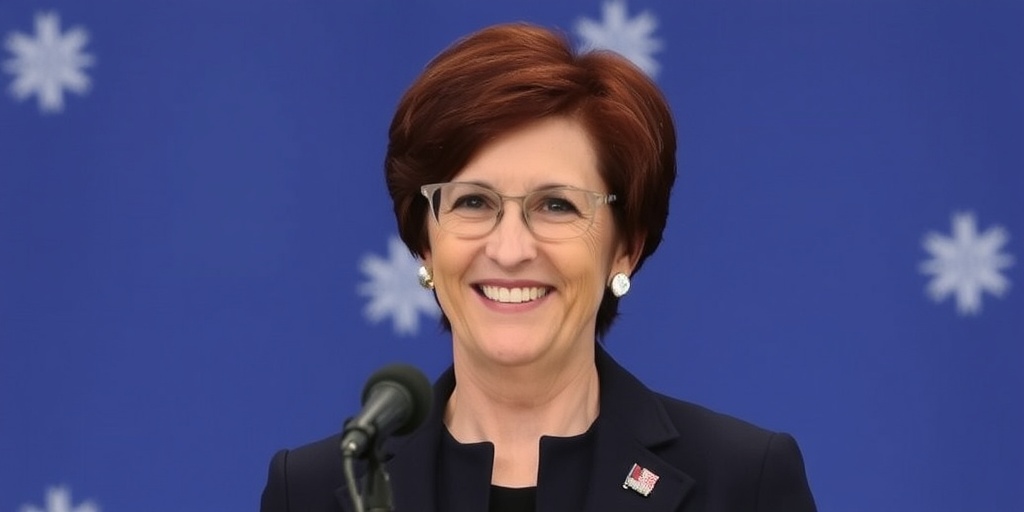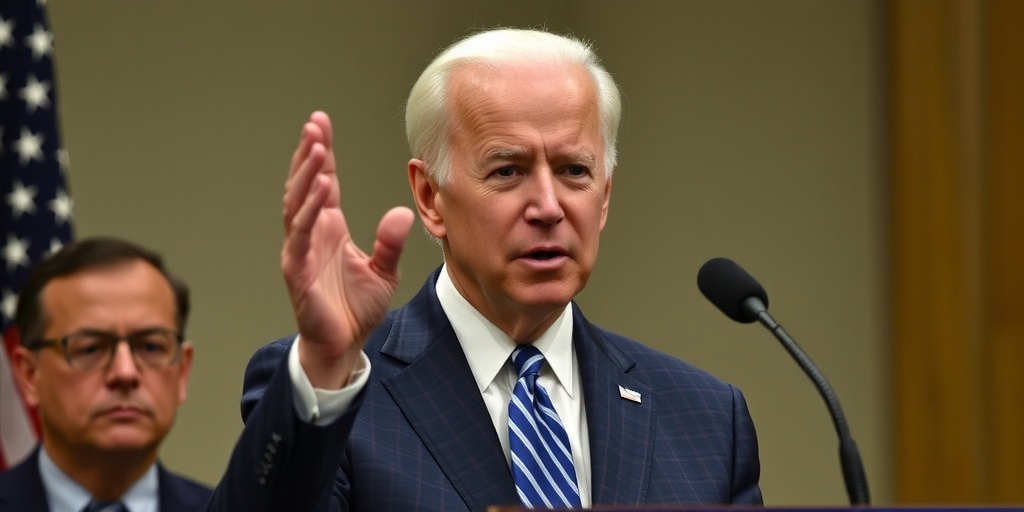Now Reading: Trump Team Rejects Mass Deportation Talks with Latin American Countries
-
01
Trump Team Rejects Mass Deportation Talks with Latin American Countries
Trump Team Rejects Mass Deportation Talks with Latin American Countries
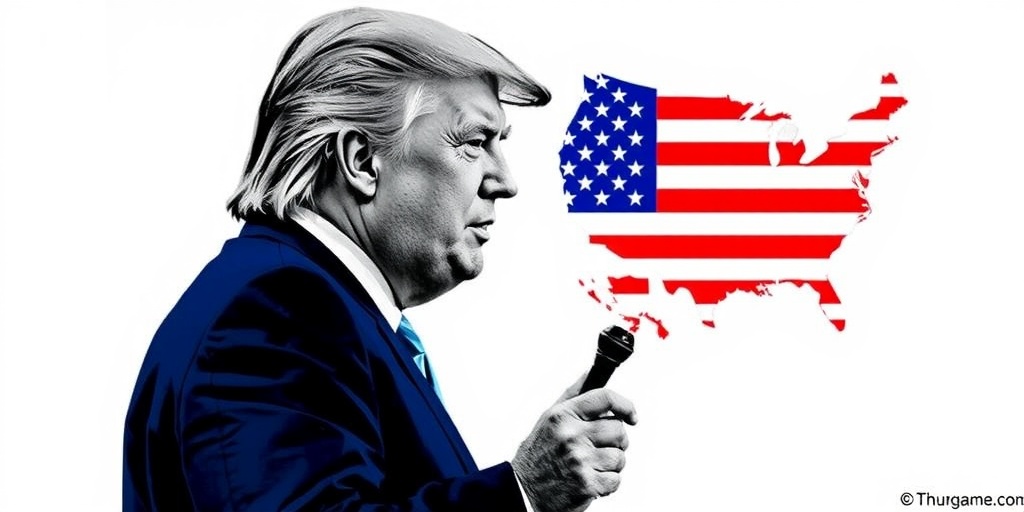
Trump Promises Largest Deportation Operation Amid Uncertainty in Latin America
Donald Trump, the incoming U.S. president, is poised to initiate the largest deportation effort in American history upon taking office. However, this ambitious promise has left governments in Latin America perplexed, as they are yet to establish communication with the Trump administration regarding his plans for mass deportations.
Officials from Mexico and its Central American neighbors, Guatemala and Honduras, reported that the incoming administration has delayed formal discussions. Mexico’s request for a meeting prior to Trump’s inauguration has been met with a firm response from the transition team, stating that substantive discussions will only commence after Trump is officially inaugurated next Monday. This has created a climate of uncertainty and confusion among Latin American governments, which are trying to prepare for potential repercussions tied to U.S. immigration policies.
"This is not the way things usually work," remarked Eric L. Olson, a fellow at the Wilson Center’s Latin American program. Typically, informal contacts and discussions occur before such transitions of power. Analysts suggest that the Trump administration’s strategy may be to limit confrontation initially and then apply pressure by enacting a series of executive orders focused on migration. This approach could strengthen the U.S. position in forthcoming negotiations with regional governments.
Recent exchanges between the Trump transition team and Central American countries have been scant. Santiago Palomo, the spokesperson for Guatemala’s president, articulated the difficulties this presents, stating that "we cannot talk about concrete measures" until specific immigration policies are discussed. Similarly, although Guatemala’s ambassador to the U.S. has made contact with Trump’s team, no clear guidance regarding how Guatemala should prepare for an increase in deportations has been provided.
Honduran officials conveyed similar sentiments, indicating a lack of in-depth communication regarding Trump’s deportation plans. President Xiomara Castro of Honduras has even hinted at utilizing diplomatic leverage, threatening to expel U.S. military presence if mass deportations are enacted. The potential for conflict exists, given the recent history of strained relations between the U.S. and these governments.
Trump’s focus on immigration has rattled regional leaders, especially as many aspects of his policy remain vague. One plan reportedly on the table is the reinstatement of the “Remain in Mexico” policy, which would require migrants to stay in Mexico while their U.S. asylum cases are processed. The possibility of declaring a national emergency to mobilize the military for deportation efforts has also been raised. According to Karoline Leavitt, a spokesperson for the Trump transition team, the president intends to leverage all available federal powers to orchestrate this unprecedented deportation initiative.
On the Mexican side, newly inaugurated President Claudia Sheinbaum has made it clear that her government does not support the mass deportation plan but has also stated that Mexico is prepared to respond if it comes to fruition. In a recent press conference, she indicated a willingness to accept some deportees, particularly those who are not Mexican, but her remarks have been vague regarding how exactly they plan to navigate this potential crisis.
Amidst the uncertainty, analysts believe the Trump administration may be cautious in their interactions with Central American governments to avoid infringing upon the Logan Act, which restricts incoming administrations from negotiating with foreign powers until they officially take office. Nonetheless, previous administrations have managed to engage with foreign governments without breaching this law.
Despite the dearth of formal communication, Trump has been vocal about his foreign policy through public statements and social media. His administration is likely to push for agreements that would compel Latin American countries to accept asylum seekers from nations outside their borders, reminiscent of the “safe third country agreements” established during Trump’s first term. However, securing these agreements may prove challenging this time around, as evidenced by Guatemalan President Bernardo Arévalo’s assertion that the country does not fit the criteria for such a designation.
In El Salvador, government officials have expressed a commitment to working with the Trump administration to safeguard the status of Salvadorans living in the United States. They aim to facilitate migration as a viable option rather than a necessity.
Without clear guidance from the transition team, Latin American leaders are increasingly aligning to formulate a united strategy in anticipation of any imminent executive orders related to immigration policies post-Inauguration Day. Several regional representatives convened in Mexico City recently to discuss migration challenges and opportunities, yet the agenda did not directly mention Trump or his impending administration.
As regional governments brace themselves for the Trump administration’s immigration agenda, the need for clarity and collaboration has never been more critical. Whether the incoming administration’s lack of communication is a tactical move or a misstep remains to be seen, but its implications will undoubtedly shape the landscape of U.S.-Latin America relations moving forward.
Stay Informed With the Latest & Most Important News
Previous Post
Next Post
-
 01New technology breakthrough has everyone talking right now
01New technology breakthrough has everyone talking right now -
 02Unbelievable life hack everyone needs to try today
02Unbelievable life hack everyone needs to try today -
 03Fascinating discovery found buried deep beneath the ocean
03Fascinating discovery found buried deep beneath the ocean -
 04Man invents genius device that solves everyday problems
04Man invents genius device that solves everyday problems -
 05Shocking discovery that changes what we know forever
05Shocking discovery that changes what we know forever -
 06Internet goes wild over celebrity’s unexpected fashion choice
06Internet goes wild over celebrity’s unexpected fashion choice -
 07Rare animal sighting stuns scientists and wildlife lovers
07Rare animal sighting stuns scientists and wildlife lovers













